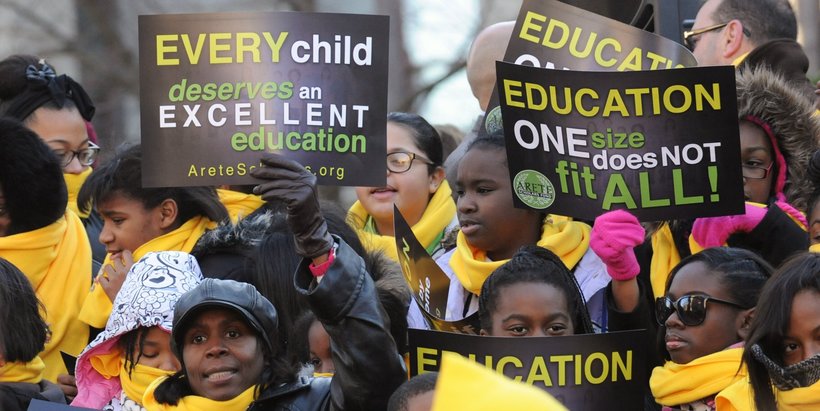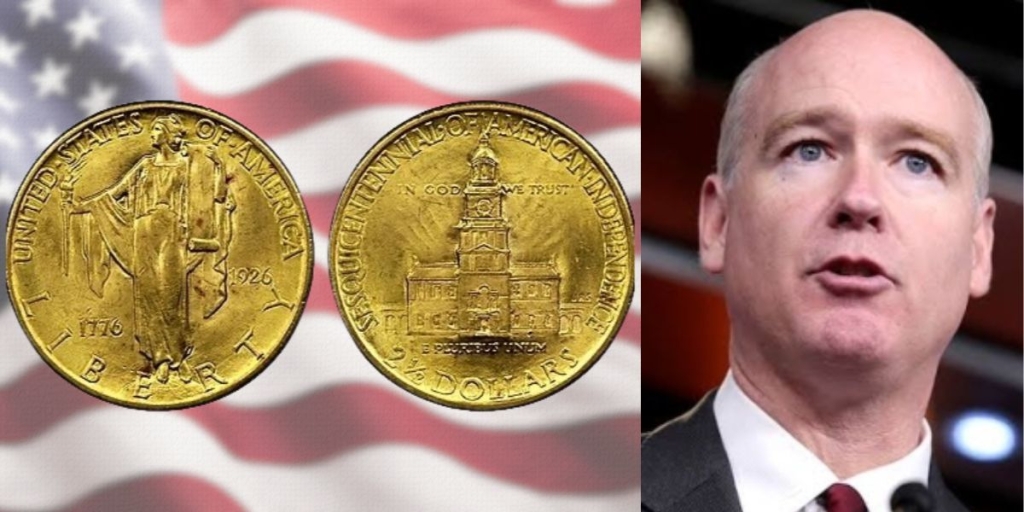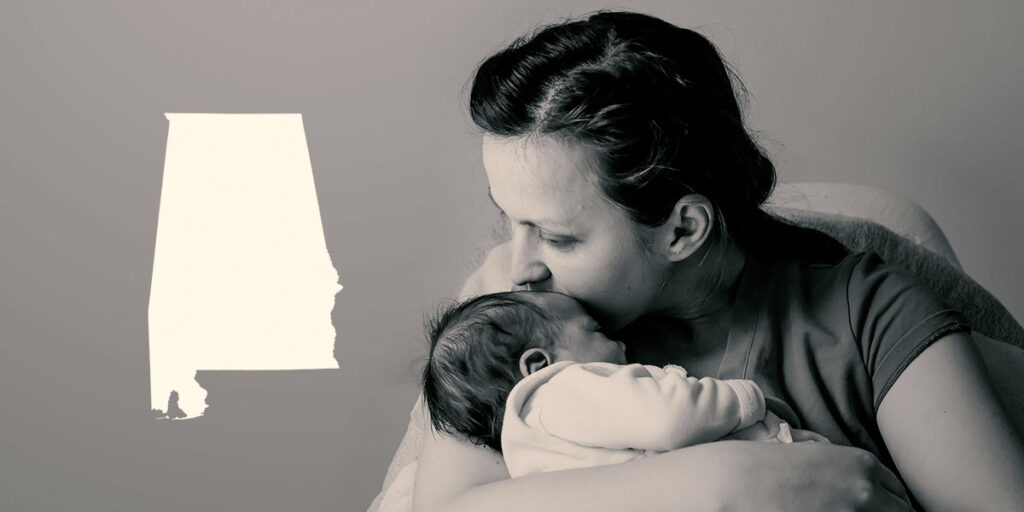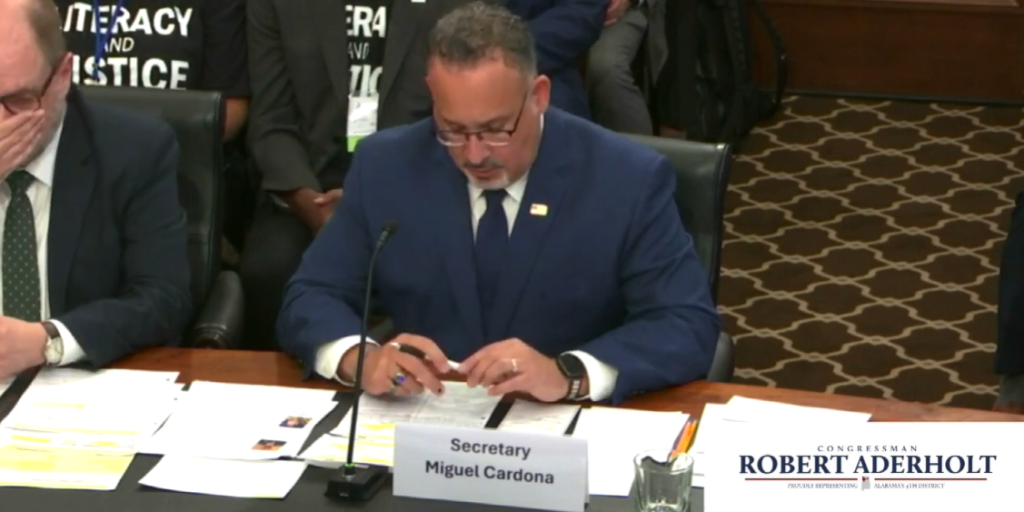MONTGOMERY, Ala. — The Alabama State Legislature is discussing and debating a law that would allow charter schools to be established in the state for the first time, but some interesting infighting among various conservative groups has brought up the question: what is the conservative position on school choice?
School choice is one of those curious topics that brings together a coalition of parents, teachers, politicians, and pundits from all parts of the political spectrum. Similarly, it has been a lightning rod for criticism from groups on both the left and the right.
In Alabama, some Tea Party groups have formed an unusual alliance with the Alabama Education Association (AEA) and other groups defending the status quo in public education to speak against the Charter Schools bill during the healthy debate surrounding this year’s push.
Between fears of undue influence from outside organizations and the presence of the Common Core State Standards, massive amounts of conflicting information—and misinformation—have flown freely in the last few months.
Tuesday, Yellowhammer spoke with Lindsey Burke, the Will Skillman Fellow in Education at the Heritage Foundation—long considered the benchmark for conservative policy—about school choice, and charter schools in particular, asking her to help us understand if some of the fears are justified, and if the promises of charter schools are what they’re cracked up to be by their proponents.
“Look, we as conservatives, one of our primary goals in reforming education policy must be to break government monopoly on education,” Ms. Burke said. “The way that you do that is through school choice options.”
While “school choice” and “charter schools” are often used as catch-all terms, Burke warned they shouldn’t be considered as a monolith.
According to Burke, a former teacher who now studies education policy, one of the biggest advantages given by school choice is that all-important second word, choice.
“The ability to customize and tailor your child’s education is something that is progressing in a way that is incredibly exciting” Burke said. “Not only should that be the goal of conservatives, I think that should be the goal of anyone who is interested in moving toward a system that is student centered and is responsive to the needs of those individuals, and not just responsive to what state and federal policy makers think defines a good education.”
But what of the fears we’ve seen circulating on social media of influence from extremists, or a reduction of diversity in public schools?
Burke said confidently that such concerns are completely unfounded, adding that all schools—traditional public, private, charter, or otherwise—must adhere to Civil Rights Laws, and charter schools “can’t teach any sort of violent or aggressive behavior or curriculum or anything of that nature.”
Even more specifically, Alabama’s proposed law has a safeguard—the control a local school board has to approve or deny a charter school’s creation.
But would charter schools, as many members of the Democratic party have warned, lead to a more segregated public school system?
“Absolutely not,” Burke answered resolutely. “The evidence suggests the opposite is true. We see schools become more integrated as the result of access to school choice options, when kids who have historically only had access to the public schools, and haven’t had the means to choose another option, when they actually do have the means to choose something else, we see a wonderful amount of integration and access to options that meet their needs, better than the one-size-fits-all assignment by zip code public education system.”
While she does understand the need to compare apples to apples by using the same assessments in both charter and traditional public schools, Burke — an ardent opponent of Common Core State Standards — was adamant that the fact that Common Core-aligned tests would be used is less of an indictment on schools of choice, and more a problem with the intrusive nature of the standards themselves.
The bill was debated during a public hearing in the House Education Policy Committee Wednesday, after being passed out of the Senate with a few amendments the previous day.
Representative Terri Collins, the sponsor of the House version of the bill, began and ended the hearing with the same heart-felt appeal to her fellow committee members, and the hundred or so men and women filling the meeting space to standing-room-only capacity: While charters may not be a silver bullet, what we’re all here for is to improve education for Alabama’s children.
The committee will vote on the bill Thursday morning and will more than likely be voted on by the full House next week.
Like this article? Hate it? Follow me and let me know how you feel on Twitter!
— Elizabeth BeShears (@LizEBeesh) January 21, 2015













